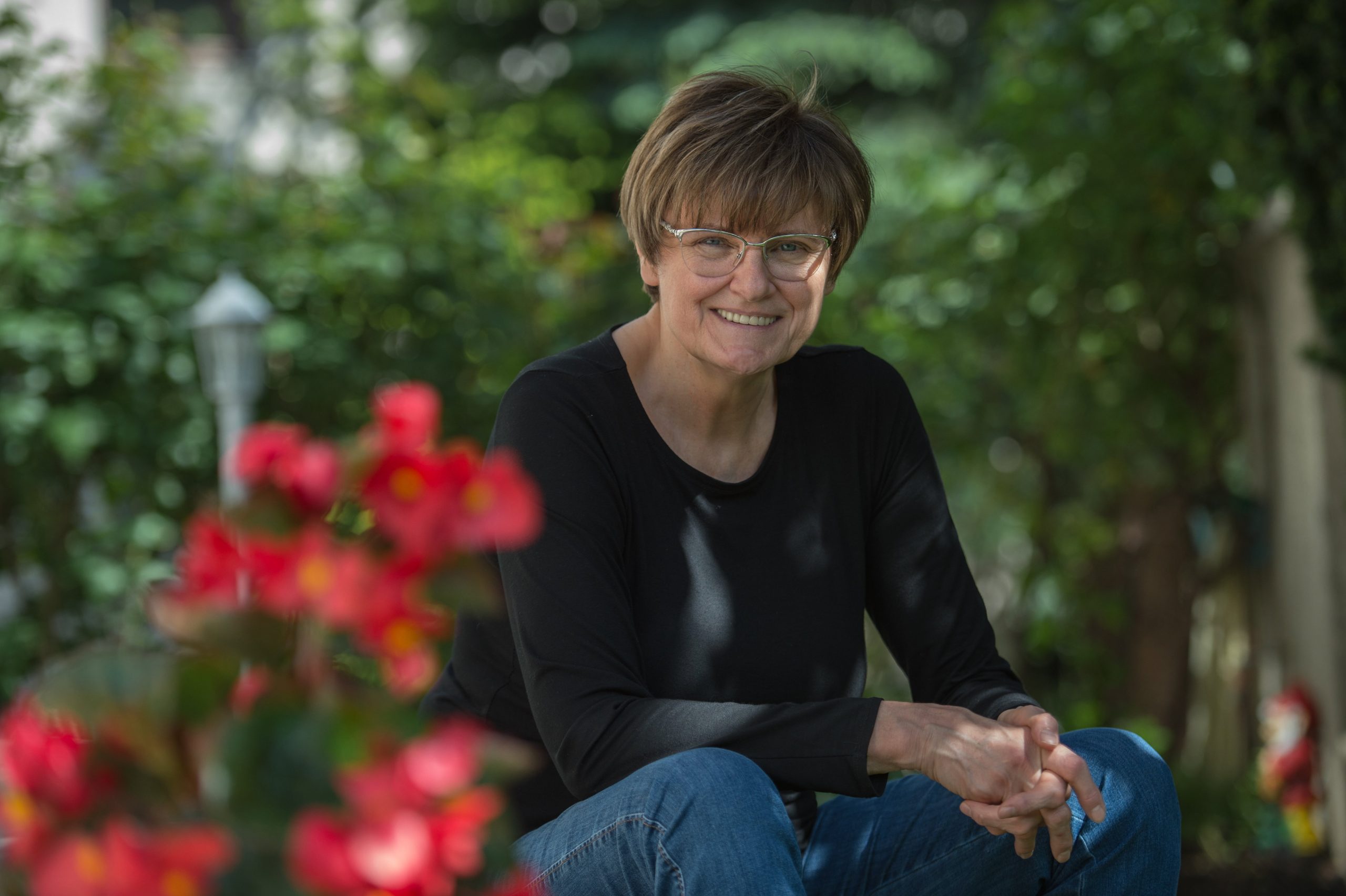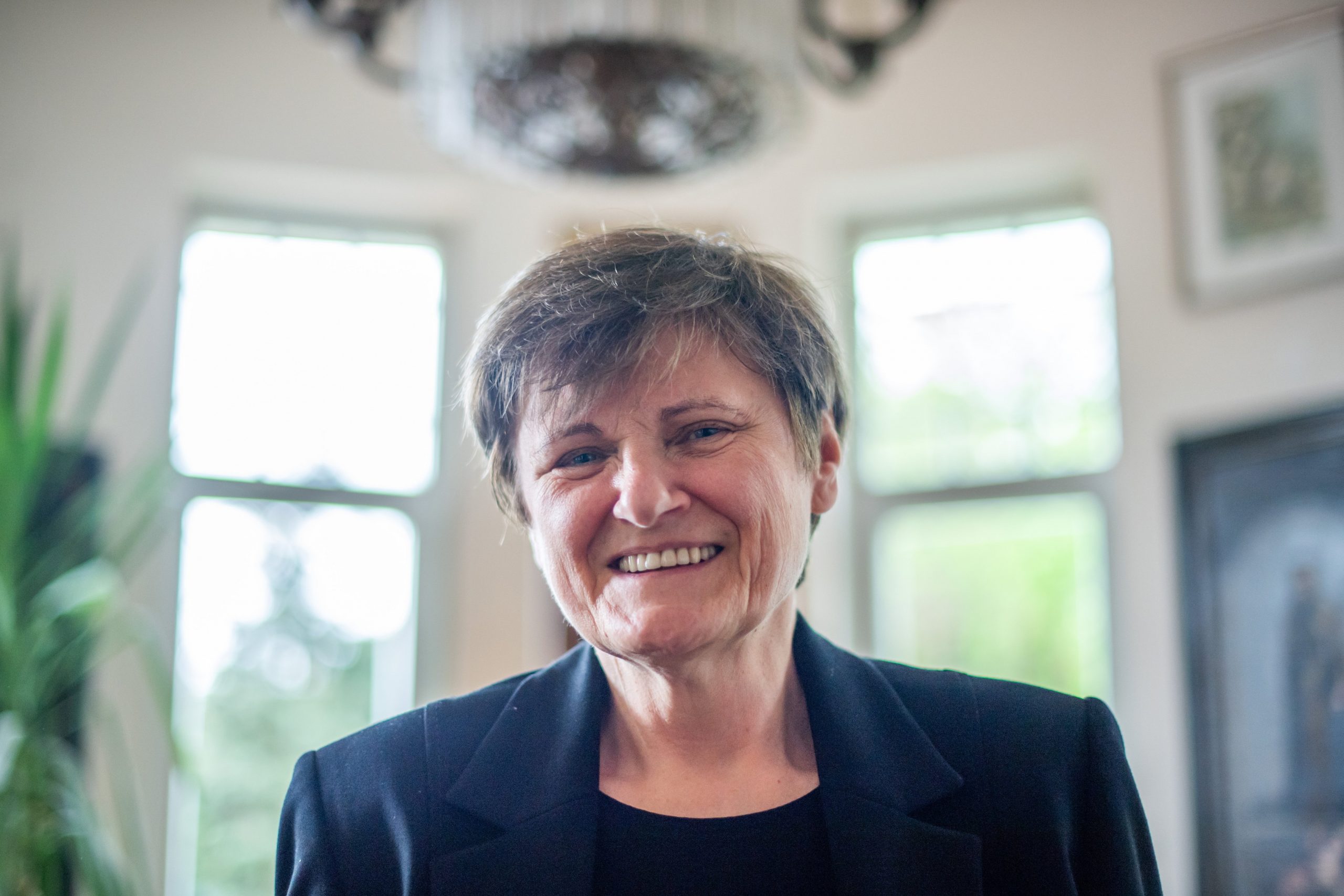
Karikó's work became a key factor in the fight against COVID-19, a fight that undoubtedly has affected the lives of the world's population for more than a year and a half.Continue reading

Hungarian researcher Katalin Karikó will have a much better chance of winning the Nobel Prize in a year or two, the president of the Hungarian Academy of Sciences told Mandiner. Tamás Freund, a Széchenyi Prize-winning brain researcher, said it was a source of great joy and pride for all Hungarians that a Hungarian researcher had come so close to the highest scientific recognition.
This article was originally posted on our sister-site, Ungarn Heute.
“Knowing the workings and traditions of the Nobel Committee, it would have been a surprise- a very pleasant surprise- if Katalin Karikó had received the prize this year,” said Tamás Freund, who also pointed out in a Mandiner interview that it can take a decade for the Nobel Committee to find a discovery in a field of basic research sufficiently profound enough and also timeless.
In the case of Katalin Karikó, Freund said, there was hope that the Nobel Committee would make an exception in view of the pandemic situation and that the prize would have a boosting effect on vaccination rates.
Not to mention that Katalin Karikó has been working for decades to introduce mRNA into mammalian tissue, so the long-term side effects would have been something to be considered.
Katalin Karikó’s discovery could also lead to a breakthrough in cancer immunotherapy. However, as this breakthrough is yet to come, I expect that the Nobel Prize will rather be awarded for her significant contribution to the fight against COVID – and any other future epidemic.”
Karikó is not be the first who did not win a Nobel Prize “right away.” Albert Einstein’s award was also rejected at least eight times before he was awarded the prestigious recognition.
Featured image via Zoltán Balogh/MTI